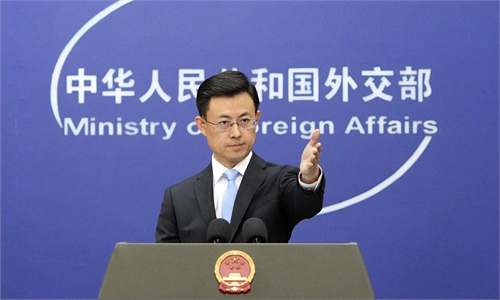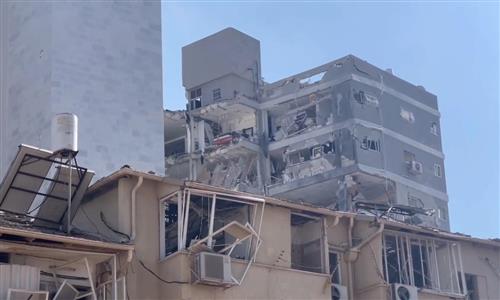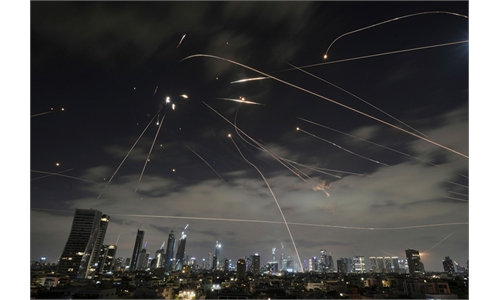<
LIFE is noisy.
And I don’t just mean the traffic jams or construction drills outside your office window. I mean the constant pinging of notifications. The flood of messages, e-mails, deadlines, expectations. Everyone – and everything – seems to want a piece of your attention.
We rarely realise it, but attention is a precious currency. Once spent, it doesn’t come back easily. And yet, we give it away so freely.
That’s why I’ve come to believe this: In a world full of noise, protecting your quiet is one of the most powerful things you can do.
I’m not talking about silence in the literal sense – although that’s a good start. I’m talking about those little pockets of time where your mind can simply breathe. A morning walk before the world wakes up. A cup of tea in the late afternoon, steam curling softly into the air. The solitude of a hot shower after a long day. Moments where you’re not doing anything for anyone, but simply being.
It’s in those moments, more often than not, that your best thoughts arrive.
I can’t count how many times an idea for an article, a teaching strategy, or a long-delayed solution to a lingering problem popped up, not during a meeting, or while staring at a screen but while tying my shoelaces before a slow run. Or while absentmindedly folding the laundry. Or during the quiet stretch of road between the city and home.
That quiet is not wasted time. It’s integrating time. It’s when all the loose threads of our thoughts
find ways to knot themselves into something useful, or at least something meaningful.
Rumi, the 13th-century Persian poet wrote, “There is a voice that doesn’t use words. Listen.” But how can we possibly hear it when our ears, eyes, and minds are constantly being pulled in a dozen directions?
We can’t. Not unless we make space for it.
The irony is that we tend to undervalue these gentle moments. We label them as idle or unproductive. We try to fill every pause with something – a scroll through social media, a podcast, a reply to a text message. But not every blank space needs to be filled. Some of them are sacred.
It reminds me of a lesson I learned (or rather, re-learned) during the height of the Covid-19 pandemic. Those years, 2020 and 2021, was a strange period of time – heavy, uncertain, and unusually quiet in all the right ways. With no meetings to rush to and no travel on the calendar, I found myself rediscovering the small joys: walking around my neighbourhood without a destination, sipping kopi while watching the rain, or just sitting still – doing nothing, really – and feeling OK with that.
Somewhere in that stillness, clarity returned. Not suddenly, not dramatically, but slowly. Thought by thought, breath by breath. And I realised how often I had traded away my quiet for noise disguised as urgency.
Even now, the temptation is always there to squeeze more into the day, to reply faster, to be perpetually available. But I’ve learned to put boundaries around those moments that keep me anchored.
A walk is a walk. A bath is a bath. A cup of tea is sacred. No phones, no multitasking, no performance. Just me, being human.
So here’s my gentle challenge to you: Find your quiet. Guard it like it’s something valuable – because it is. Whether it’s 10 minutes in the morning, or an hour on weekends, protect that time. Make it yours. Make it non-negotiable.
You don’t need to meditate or write a poem. You don’t need to come out of it with anything profound. Just let your mind wander. Let your shoulders drop. Let yourself be.
And if someone asks why you’re “doing nothing”, smile and say, “I’m protecting my quiet”. Because in that space, your sanity lives. Your clarity returns. Your soul exhales.
And honestly? The world can wait.
dr nahrizul Adib Kadri is a professor of biomedical engineering at the Faculty of Engineering, and the Principal of Ibnu Sina Residential College, Universiti Malaya.
Have something you feel strongly about? Get on your soapbox and preach to us at lifestyle@ thestar.com.my so that we can share your opinion with the world. The views expressed here are entirely the writer’s own. - By NAHRIZUL ADIB KADRI
Related posts:
Start a quiet revolution of gratitude today











